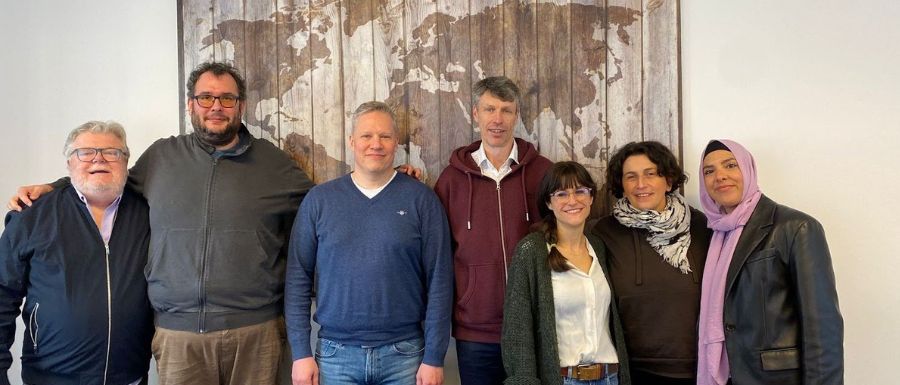
AT A GLANCE
The project aims at building a better understanding of Restorative Justice in Europe in order to facilitate the collaboration between private and public sector and all the relevant stakeholders involved in the process. Restorative justice, provides a different viewpoint from the common sense and legal conceptualisation of crime and societal responses to it. The objective of restorative justice is to bring together those affected most by the criminal act – the perpetrator, victim, and community members – in a non-confrontational manner to encourage responsibility of the offender and understanding of the impact of the offence on the victim and beyond. This perspective is consistent with the European Directive 2012/29/EU, which promotes the rehabilitation and reintegration into society of individuals who have committed crimes.
However, in order for restorative justice initiatives to be implemented, they must be based on a comprehensive “educational” culture that is shared among the different actors involved in the justice process. In addition to the formal preparation of legal professionals, Civil Society Actors play a crucial role in promoting cohesion, combating social marginality, facilitating educational pathways, and supporting the social and labour reintegration of individuals with criminal convictions.

OBJECTIVES
The specific objectives that the project aims to achieve are the following ones:
- to identify the strengths and weaknesses of current practices in the field of restorative justice in Europe
- based on the findings from the analysis of SO1, to enhance the skills of essential personnel in this field to encourage and facilitate the adoption of restorative justice initiatives within the local community
- to facilitate communication between public and private sector stakeholders to explore effective approaches and establish restorative justice routes on a local scale.